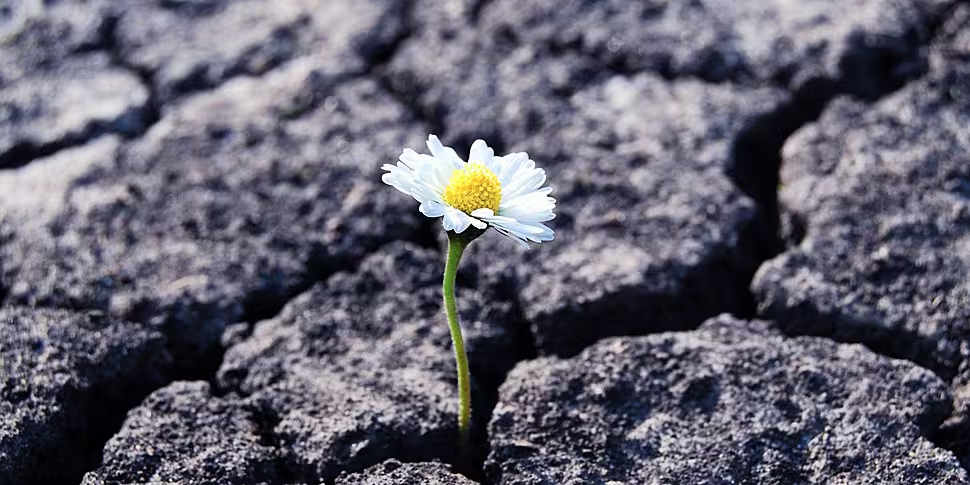“Half-measures are no longer an option” when it comes to tackling climate change, according to major new report warning that billions of people and thousands of species are at risk.
The latest report from the UN Intergovernmental Panel on Climate Change (IPCC) warns that any further delay in global action will “miss a brief and rapidly closing window to secure a liveable future”.
It finds that climate change is already affecting the lives of billions of people and causing “dangerous and widespread disruption” to nature.
It notes that many plants and animals are already unable to tolerate increased heatwaves, droughts and floods with species of trees and corals experiencing mass mortalities.
The weather events are causing cascading impacts that have “exposed millions of people to acute food and water insecurity, especially in Africa, Asia, Central and South America, on small islands and in the Arctic”.
“This report is a dire warning about the consequences of inaction,” said IPCC Chair Dr Hoesung Lee.
“It shows that climate change is a grave and mounting threat to our wellbeing and a healthy planet. Our actions today will shape how people adapt and nature responds to increasing climate risks.”
The report warns that “ambitious, accelerated action” and rapid, deep cuts in emissions are needed to avoid mounting loss of life, biodiversity and infrastructure.
It finds that safeguarding and strengthening nature is key to securing a liveable future – highlighting nature’s potential not only for reducing climate risks but also improving people's lives.
“Healthy ecosystems are more resilient to climate change and provide life-critical services such as food and clean water”, said IPCC Working Group II Co-Chair Dr Hans-Otto Pörtner.
“By restoring degraded ecosystems and effectively and equitably conserving 30% to 50% of Earth’s land, freshwater and ocean habitats, society can benefit from nature’s capacity to absorb and store carbon, and we can accelerate progress towards sustainable development.
Dr Pörtne rwarned that “adequate finance and political support are essential” to strengthen Earth’s natural response to climate change.
Dr Lee warned that progress on adaption measures remains uneven across the world – with increasing gaps between what is needed and what is being done.
“This report recognizes the interdependence of climate, biodiversity and people and integrates natural, social and economic sciences more strongly than earlier IPCC assessments,” said Hoesung Lee.
“It emphasizes the urgency of immediate and more ambitious action to address climate risks. Half measures are no longer an option.”
Climatology Professor John Sweeney told Newstalk the report has a range of concerning findings.
“First of all, it finds that climate change is now a reality everywhere across the globe,” he said. “Nowhere is escaping it.”
“There are also concerns in the report about substantial losses in agriculture and food production in Europe.
“There are problems identified as well, in particular about water scarcity and then, finally, of course there is the problem of the risk of increasing impacts of floods.”
He said the report has been signed off on by 200 Governments – including Ireland.









